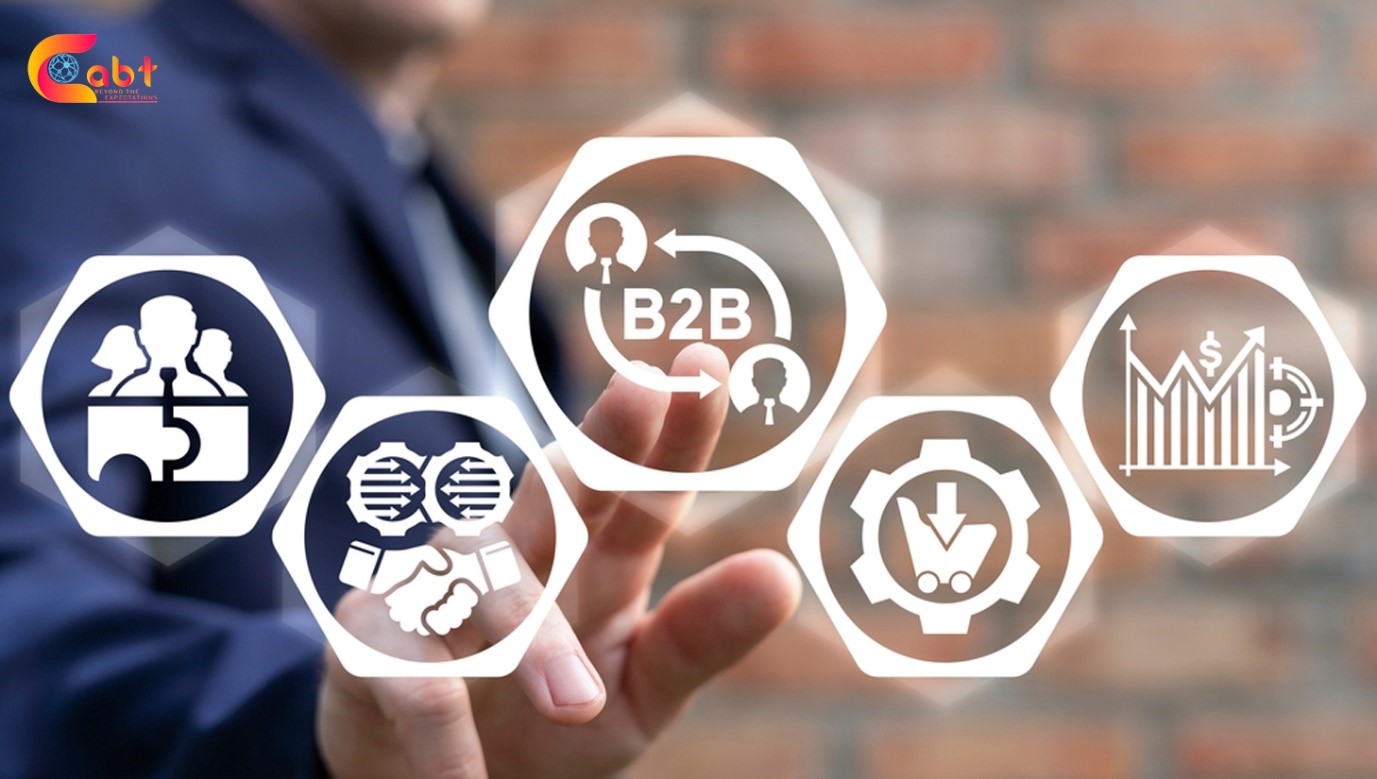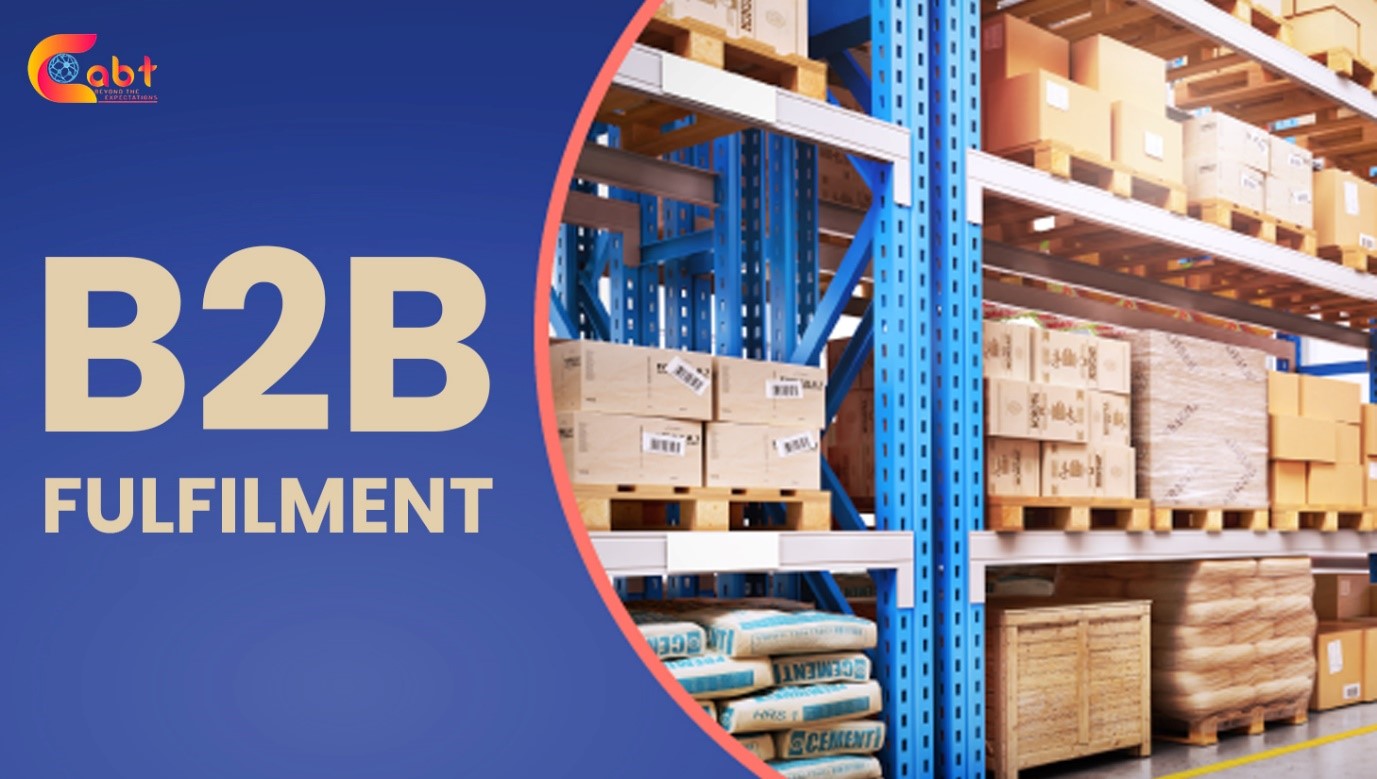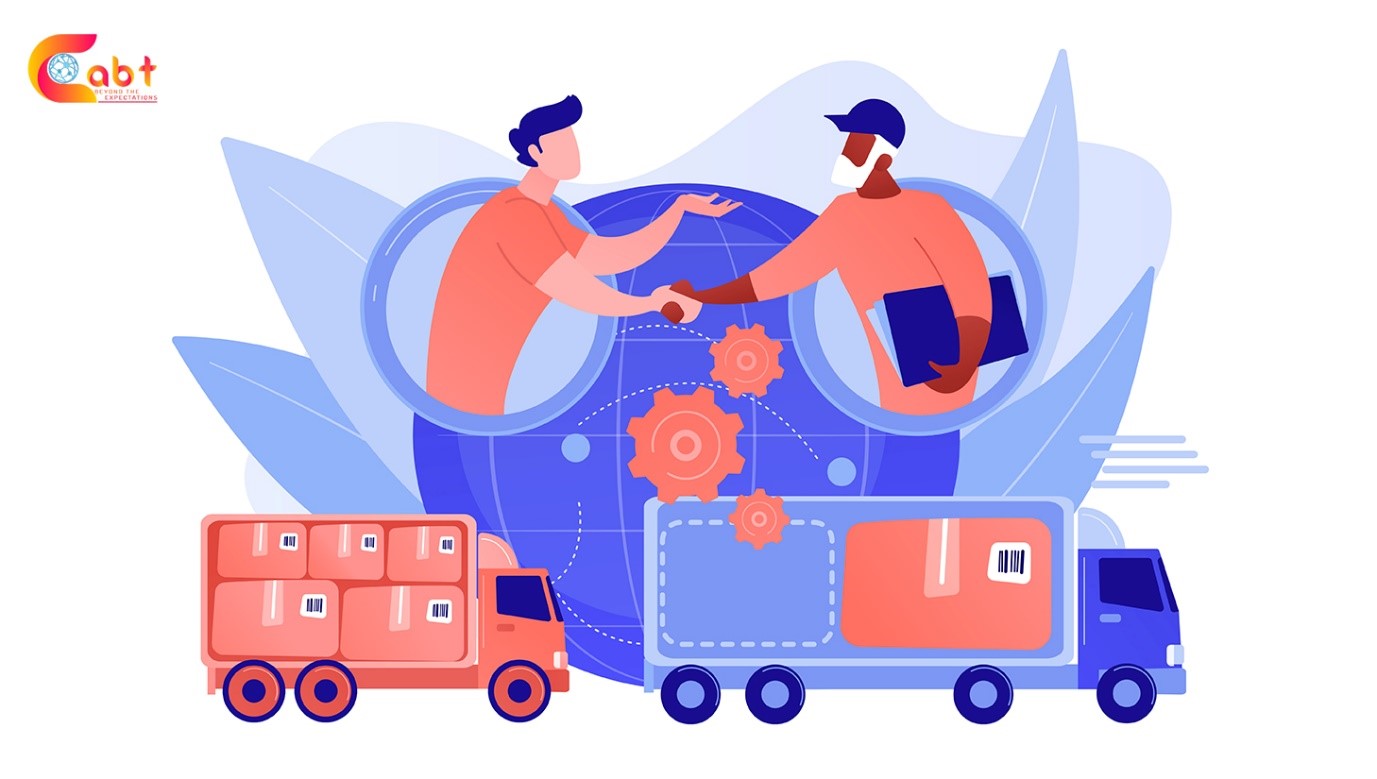B2B Solution

When it comes to e-commerce, online businesses operate on one of the model business to business (B2B).
B2B orders deal with similar e-commerce logistics operations, but the scope of their operations is different. B2B order fulfillment deals with a limited number of orders with higher quantities.
B2B orders require special processes, more infrastructure, and strict attention to SLA (Service Level Agreement), delivery time, and accuracy. Otherwise, e-commerce brands can fail to establish long-term relationships with their e-commerce clients.
What is B2B order fulfillment?

B2B fulfillment refers to fulfilling orders to other businesses or retailers rather than directly to customers. B2B fulfillment often deals with bulk orders that are shipped via freight or parcel. B2B fulfillment ultimately helps other businesses to stock up on products so they can resell to their customers through single or multiple sales channels.
They send their products to an online brand to further sell footwear to customers. In this scenario, B2B fulfillment would refer to the order fulfillment between the two businesses:
1. Order volume and quantity
B2B orders are much higher in terms of quantity and lower in volume. For instance, customers usually order number of pieces of one SKU (stock-keeping units). Whereas retailers order hundreds or thousands of units of one SKU.
2.Cost
B2B fulfillment deals with larger volumes—orders are much more expensive and valuable. Moreover, they require more labor and handling equipment.
3.Shipping
The shipping for B2B orders is far more complex as they are bulkier. Usually, B2B orders are shipped via ground transportation as they cannot be accommodated in air transportation easily.
4.Fulfillment time
Some e-commerce brands share an estimated date of delivery with their customers. On the other hand, B2B fulfillment is more time-sensitive and must be delivered at the decided date and time.
5. Frequency
The frequency of B2B orders is less when orders are placed and fulfilled over a longer period.
How can CABT help in B2B fulfillment?

CABT is a tech-enabled 3PL service provider that primarily offers B2B fulfillment services to deliver B2B orders quickly, accurately, and economically.
1. With CABT’s distributed network of fulfillment centers across India, you can store your inventory closer to your clients. It helps you reduce shipping costs, improve shipping speed, and ensure on-time delivery for your B2B orders.
2. CABT’s state-of-the-art fulfillment centers are equipped with the latest warehouse and inventory management systems to ensure your products are stored and processed correctly.
3. You can also provide special instructions for your custom needs, including packaging, quantity, shipping conditions, and method.
4. CABT priorities customer support to address any concerns or grievances that you may have and provides prompt resolutions.
5. CABT follows Standard Operating Procedures (SOPs) for B2B fulfillment and incorporates automated workflows to ensure zero errors and timely order processing.
6. CABT also gives access to best-in-class technology for reporting and insights. With CABT’s actionable dashboard, you can have full visibility of your B2B fulfillment operations and data.
Bottom line
B2B fulfillment can be challenging if you try to manage it independently. Errors in preparing B2B shipments can cost you money and even result in losing the lucrative wholesale account you worked so hard to get. Outsourcing to a 3PL logistics provider like CABT logistics can help you lessen the load and execute accurate and timely B2B fulfillment without a miss.
Resources
- Blogs
- Support
- Latest News
Contact No
- +91 124 420 7727
Address
CABT (Creativity At Best Technologies)
3rd floor, Universal Trade Tower, Unit no 327, Badshahpur Sohna Rd Hwy, Sector 49, Gurugram, Haryana 122018
Office Address
©2022 CABT Logistics. All Rights Reserved.

